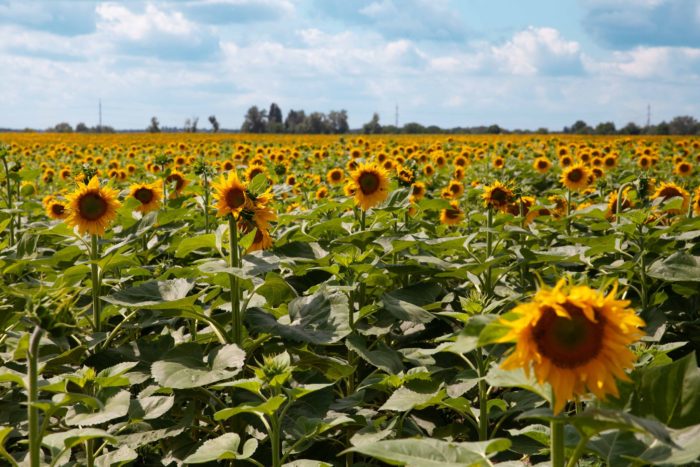Kernel, Ukraine's major sunflower oil producer, has suspended operations at one of its plants in January 2025 due to raw material shortages, the company reports in its second-quarter financial statement.
"Due to limited sunflower seed supply in the market, three Kernel plants processed alternative oilseeds, including 93,000 tons of soybeans and 14,000 tons of rapeseed. However, in January 2025, one plant had to cease operations due to raw material deficit," according to the company statement .
Ukraine is facing a decrease in sunflower seed production for oil due to ongoing Russian military aggression, which disrupts agricultural activities and logistics, causing losses of farmland and production capacity, particularly in regions affected by Russian occupation.
Despite difficulties, the company processed 973,000 tons of oilseeds this quarter of fiscal year 2025, marking a 20% increase compared to the same period last year.
Oil exports reached 408,000 tons, rising 52% quarter-over-quarter and 11% year-over-year, driven by increased processing volumes. Bottled oil made up 26,000 tons of this volume.
The company also sold one of its previously acquired vessels in fiscal year 2024, which ran from July 2023 to June 2024.
This came amid widespread disruptions in Ukraine's agricultural sector, where Russia has been systematically engaging in the illegal export of Ukrainian agricultural products, including wheat and sunflower seeds, particularly from occupied territories.
The stolen grain is then transported through ports in Crimea, where it is often mixed with Russian grain to disguise its origin before being shipped to international markets, particularly in the Middle East and North Africa.
Read also:
- Russians export over 300 tons of Ukrainian sunflower to Russia for resale in Africa
- Ukraine’s sunflower seeds plundered by Russia and shipped to Türkiye
- Bulgaria bans Ukrainian sunflower imports until November

